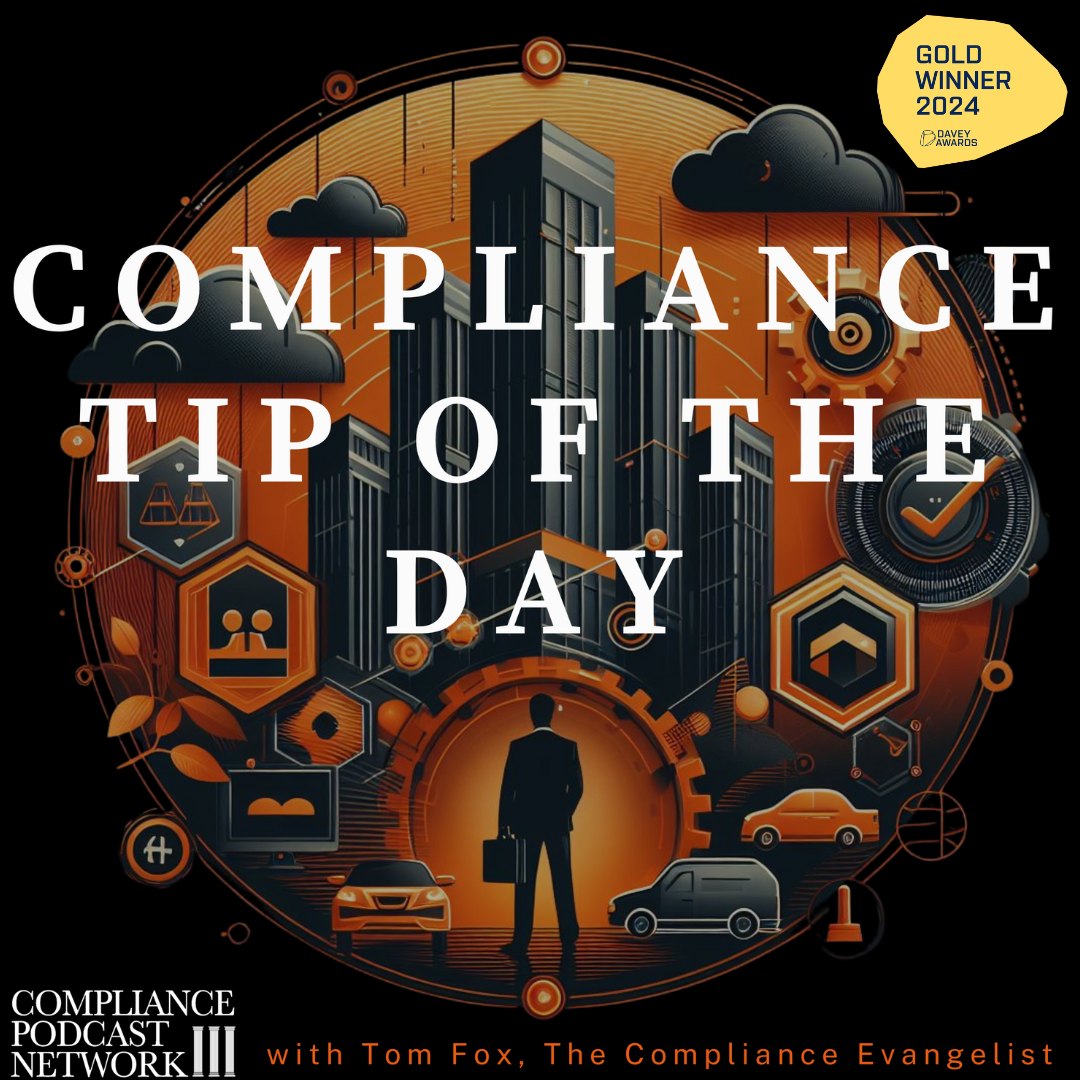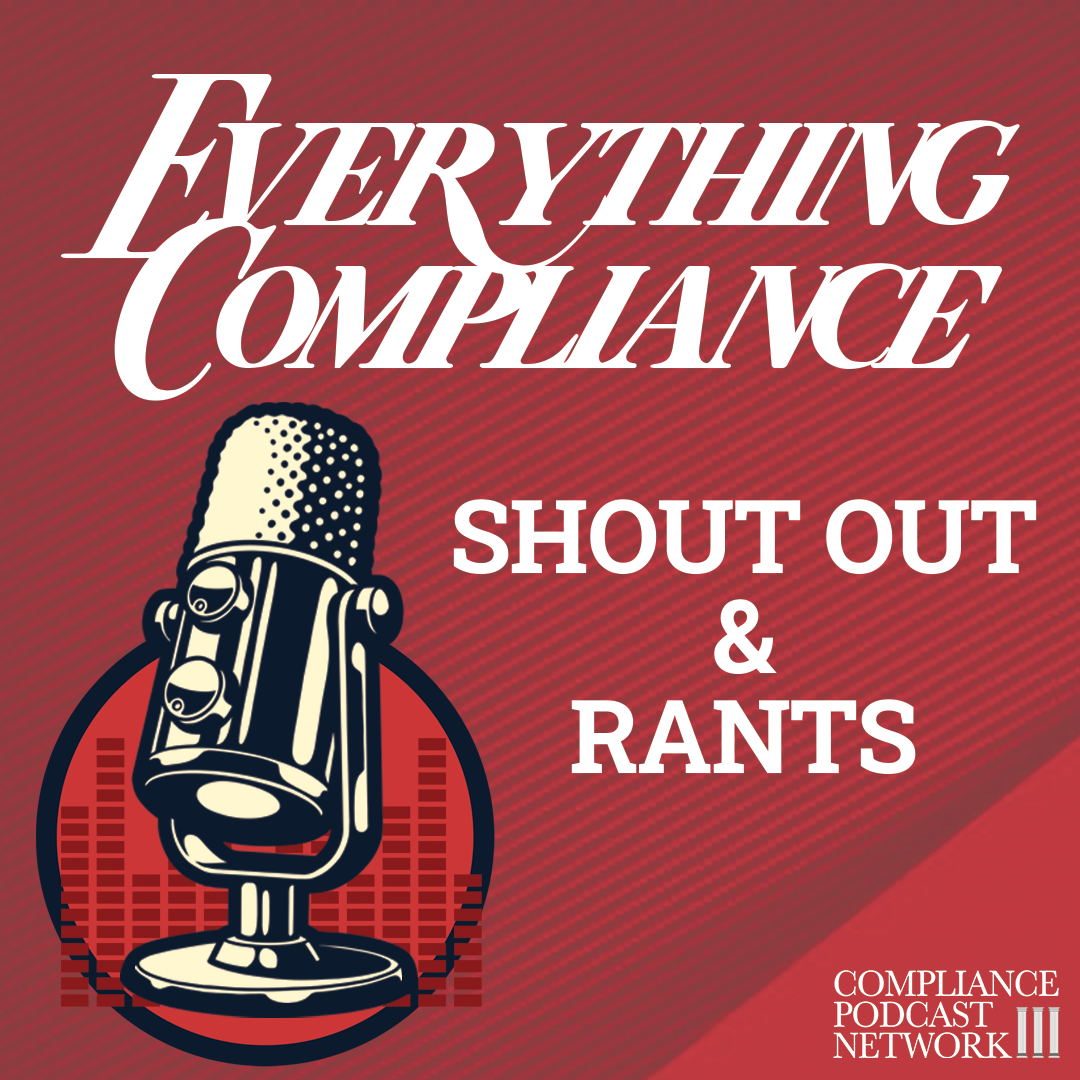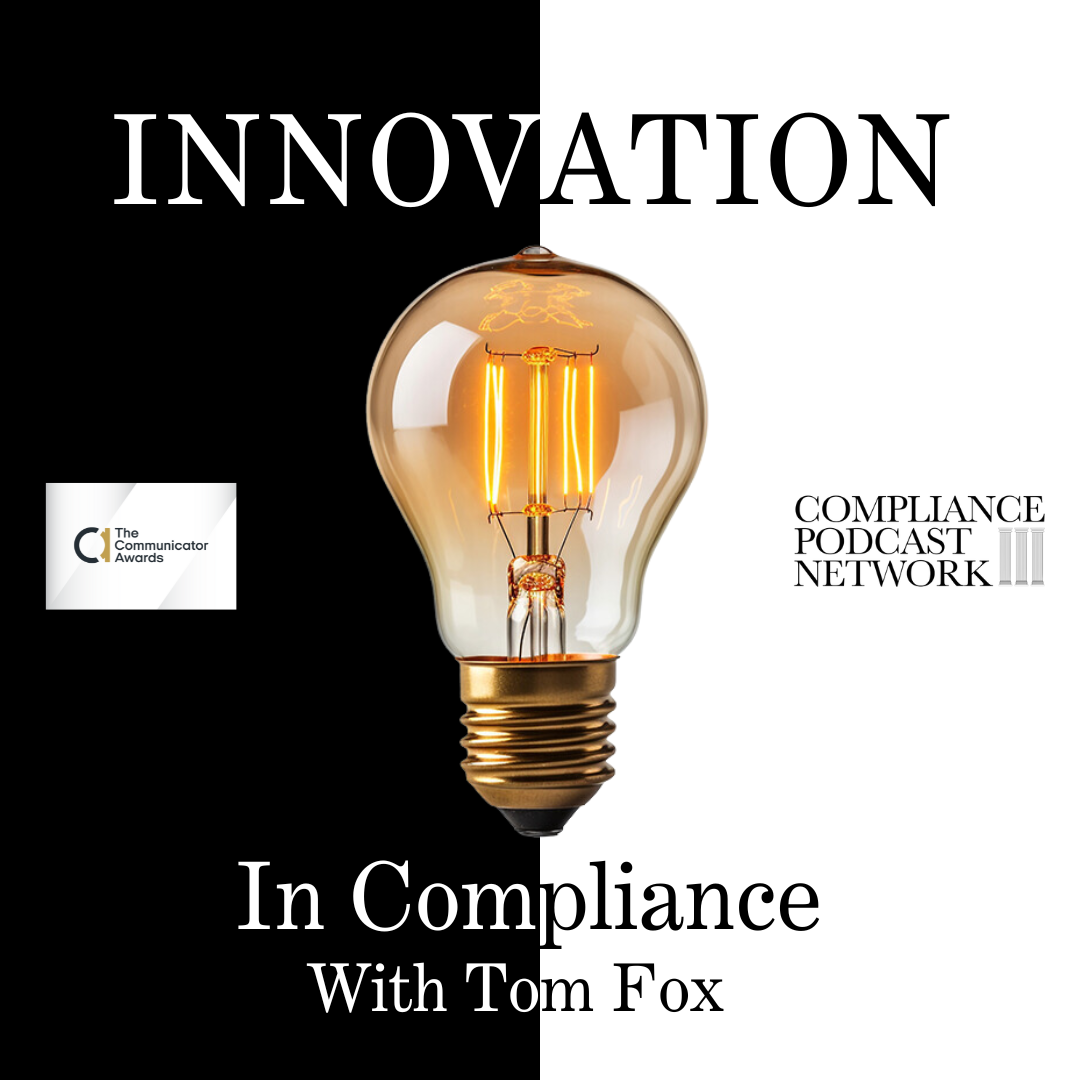This 2024 ECCP is groundbreaking for several reasons. Not only does it elevate the role of compliance culture, but it also requires companies to take measurable steps to ensure a strong compliance environment that permeates all levels of the organization. The DOJ’s focus is no longer solely on having a compliance program but on proving its effectiveness through documented, data-backed insights into organizational culture. The 2024 ECCP mandates that companies provide evidence of their compliance culture through specific metrics, signaling a major shift toward greater transparency and accountability. This directive presents both a challenge and an opportunity for compliance professionals to leverage data as a foundation for ethical corporate behavior.
This post will explore the key components of these new expectations and guide how compliance teams can meet the DOJ’s standards for a transparent and robust compliance culture.
New Questions from the DOJ: Shaping the Future of Compliance
The 2024 ECCP introduces specific questions around compliance culture, expanding the factors compliance professionals must consider in evaluating their programs. Gone are the days when culture was seen as an abstract concept that couldn’t be measured. The DOJ now expects organizations to provide data showing that compliance culture is monitored and actively managed. Compliance professionals are asked to answer questions about how often they measure compliance culture, whether they collect employee input from all levels, and how they address feedback from these measurements.
These new questions represent a significant shift, requiring compliance teams to adopt a thorough, transparent approach to understanding and enhancing compliance culture. For example, one of the core questions centers on whether compliance culture is assessed regularly, implying that more than an annual survey is required. Regularly evaluating culture allows companies to detect trends, uncover emerging issues, and demonstrate an ongoing commitment to fostering an ethical environment. This is precisely what the DOJ is looking for: a proactive, continuous approach to compliance that signals a deep-seated commitment to integrity.
Another key element of the DOJ’s inquiries is the inclusivity of compliance culture assessments. Specifically, they want to know if employee input is gathered from all organizational levels, from entry-level staff to senior leadership. By requiring a broad-based approach, the DOJ reinforces the idea that compliance culture cannot simply be driven top-down; it must also be understood from the bottom-up. This holistic approach ensures that compliance is implemented at the highest levels and embedded in employees’ everyday experiences, making it a living part of the corporate environment.
The Importance of Data-Driven Culture Audits
One of the most notable aspects of the DOJ’s new standards is the emphasis on data. Culture audits have been an optional tool for compliance officers for years, but they have become essential with the DOJ’s data mandate. Culture audits offer compliance professionals the tools to gather quantifiable metrics that speak to the health of their organization’s compliance culture. Rather than relying on anecdotal evidence or generic surveys, culture audits provide an in-depth look at engagement levels, trust in leadership, and employee perceptions of compliance practices.
Data-driven culture audits are powerful because they allow compliance teams to track cultural trends over time. This longitudinal approach is vital in demonstrating to the DOJ that the organization isn’t paying lip service to compliance but is actively managing and nurturing its culture. For example, a company may find that year over year, its employees feel increasingly confident in using whistleblower hotlines without fear of retaliation. Such a finding provides concrete evidence to regulators that the company has made meaningful strides in fostering a transparent, safe environment for reporting misconduct.
By conducting regular culture audits, compliance professionals can pinpoint areas where the organization’s culture may fall short and take corrective action. This could mean increasing leadership communication around compliance, improving transparency on investigative outcomes, or enhancing training programs to reinforce the importance of ethical conduct. Culture audits are no longer about taking a “snapshot” of compliance culture—they are about creating a continuous, data-driven narrative that shows the DOJ the organization is committed to an ethical culture over the long term.
Aligning Hiring and Incentives with Compliance Culture
Perhaps one of the most transformative aspects of the 2024 ECCP update is the DOJ’s explicit focus on hiring practices and incentive structures as part of compliance culture. The DOJ now expects organizations to ensure hiring and incentives align with ethical behavior and compliance standards. For compliance professionals, this means developing and implementing hiring practices that emphasize skills, qualifications, and cultural fit, particularly in adherence to the organization’s core values and ethical standards.
When companies prioritize hiring for cultural fit, they signal employees that ethical behavior is valued as much as technical expertise. Compliance teams should work closely with HR to develop interview questions and assessment tools that evaluate candidates’ commitment to integrity and ethics. For example, questions could be geared toward understanding how a candidate has handled ethical dilemmas in past roles or their perspective on accountability and transparency in the workplace. Hiring with an eye toward compliance culture builds a foundation of employees who naturally align with the company’s compliance and ethics standards.
Incentive structures, too, must reflect the organization’s commitment to compliance. The DOJ seeks companies that actively reward compliance-promoting behavior and discourage misconduct through performance reviews and compensation decisions. Incentive programs should incorporate compliance metrics, such as adherence to internal policies, active participation in compliance training, and demonstrated commitment to ethical practices. By linking compensation to compliance, companies reinforce the importance of ethical behavior and send a clear message that integrity is a pathway to advancement.
Aligning incentives with compliance goals also involves accountability measures. For instance, employees who display behavior contrary to the company’s values should face consequences, ranging from performance improvement plans to exclusion from bonuses. Compliance professionals must work with HR and leadership to embed these incentives throughout the organization, demonstrating to the DOJ that the company’s culture promotes ethical behavior and holds individuals accountable when they fall short.
Implementing DOJ’s Updated Compliance Culture Expectations
To meet the DOJ’s heightened expectations, compliance professionals should consider adopting a structured approach to building a data-driven culture of compliance:
- Set Clear Metrics for Culture Assessment. Determine the metrics that best reflect your compliance culture’s health, such as trust in leadership, willingness to report, and training completion rates. These metrics will serve as the foundation for demonstrating the effectiveness of your program to the DOJ.
- Conduct Regular Culture Audits. Culture audits are now necessary, providing the data required to assess and monitor compliance culture. Regular audits ensure compliance efforts are consistent and responsive to any shifts in organizational dynamics.
- Ensure Inclusive Input. Collect feedback from employees at every level, not just senior management. This ensures a comprehensive understanding of the compliance culture across the organization and buy-in from employees who see their voices are valued.
- Align Hiring and Incentives with Compliance Goals. Work with HR to integrate compliance and ethical standards into hiring processes and performance evaluations. This alignment strengthens the integrity of your workforce and ensures that ethical behavior is consistently rewarded.
- Document and Track Progress. The DOJ wants to see evidence of continuous improvement. Document culture audit findings, responses to feedback, and any corrective actions taken. Tracking and documenting progress allows you to demonstrate a commitment to enhancing compliance culture over time.
Leading Compliance in a New Era of Expectations
The DOJ’s updated ECCP has set a new standard for compliance culture, emphasizing data-driven practices. By requiring companies to measure and manage compliance culture, the DOJ is challenging compliance professionals to go beyond policies and procedures and demonstrate the effectiveness of their programs in real terms. This shift presents a unique opportunity for compliance teams to lead their organizations in a new direction, prioritizing integrity, transparency, and continuous improvement.
Incorporating data-driven culture audits, aligning hiring and incentives with compliance goals, and consistently engaging with employees at all levels will help compliance professionals meet and exceed the DOJ’s expectations. By building an ethical culture that resonates across the organization, compliance teams can create a resilient compliance environment that satisfies regulatory demands and fosters a truly compliant workplace.









